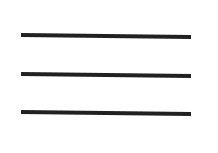


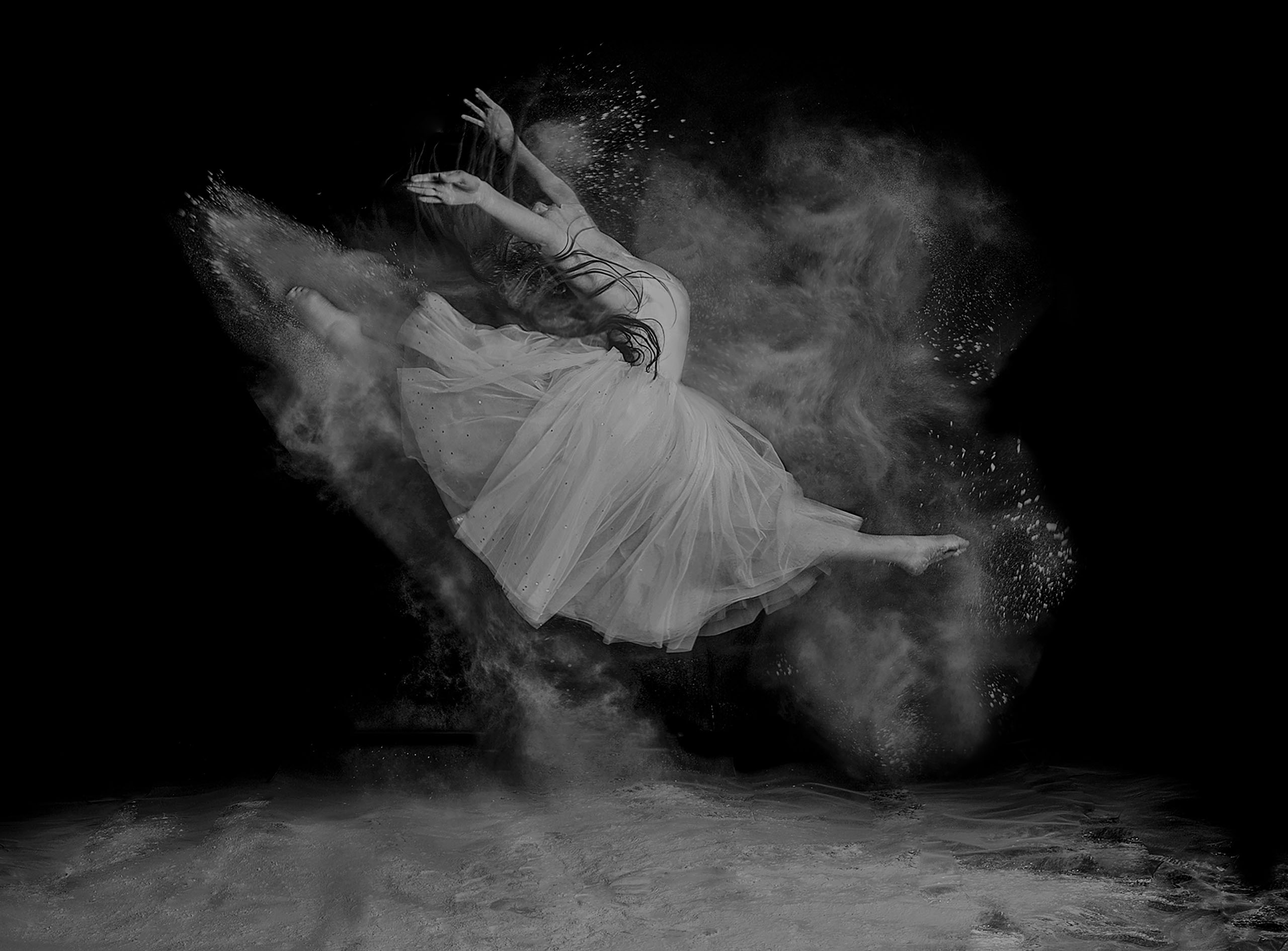
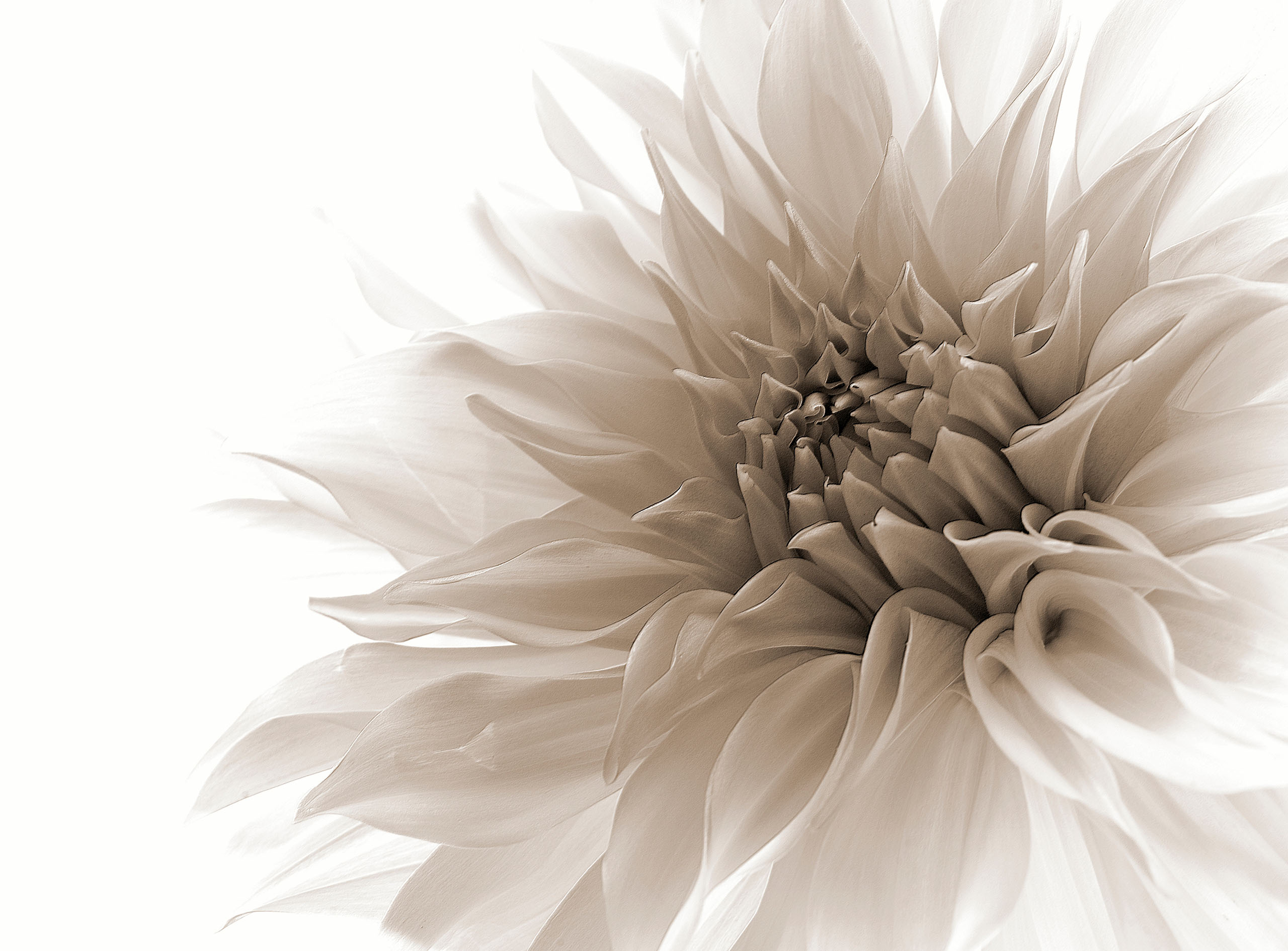
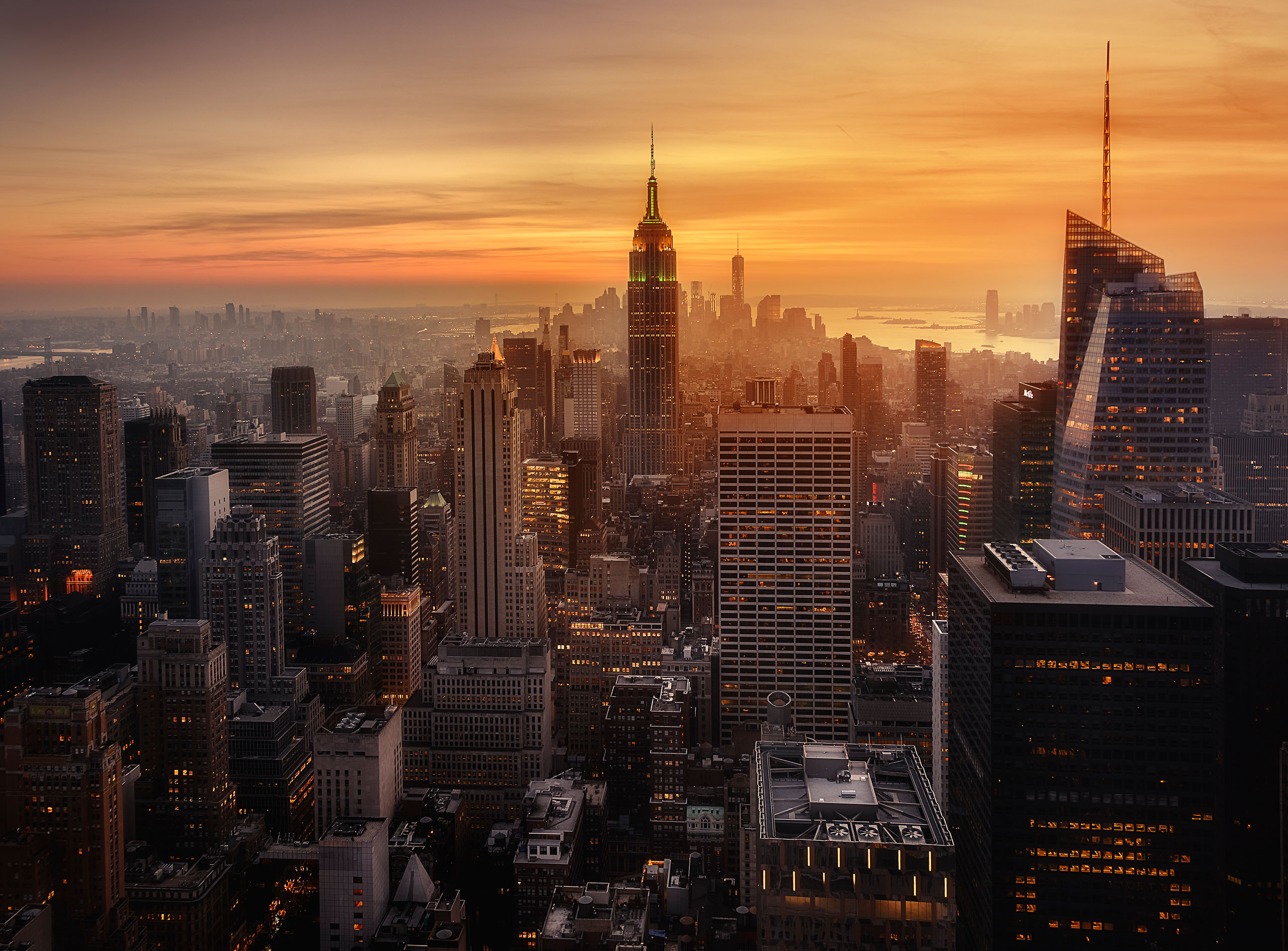
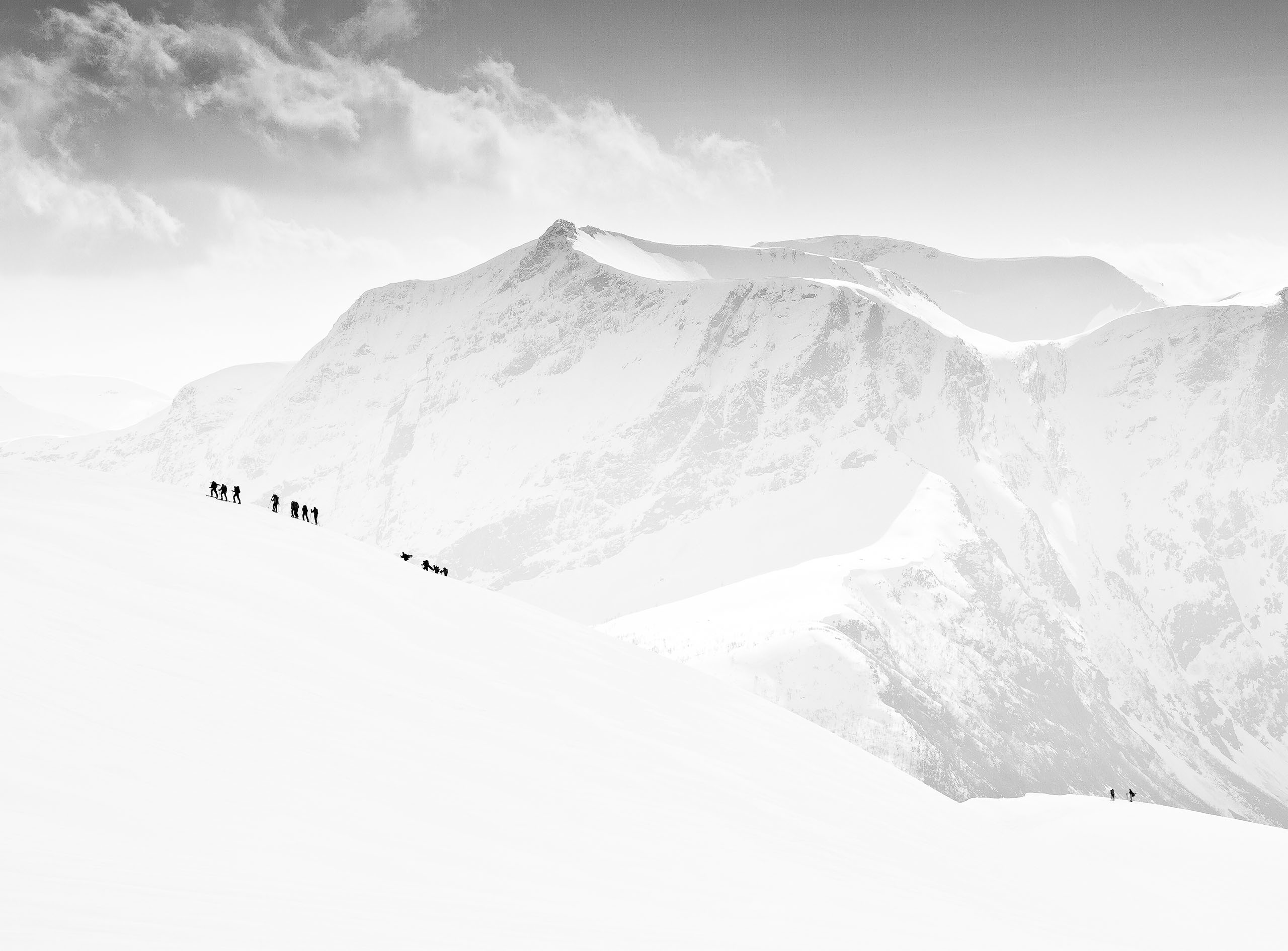
|
|
|
|


By Editor Marius Cinteză
Published the 28th of May 2021
“Once your style is recognizable and unique, then you have succeeded something. I photograph only what I like and what I am interested in. I am also honest in showing a part of myself/my mind or my point of view no matter if it disturbs some people or not.” – Akif Hakan
Akif Hakan is an American photographer of Turkish origin, passioned about fashion, artistic nudes and portraits. His distinctive style strives to widen the boundaries of the classic photography by amazing centered compositions with contrasting, strong colours of cinematic inspiration, thus conveying powerful but subtle emotions. Akif is known as one of the best photographers of the new generation and his works can be admired in solo and group exhibitions and famous publications around the world (e.g. Istanbul, Hong Kong, Paris, Beijing).
I invite you to discover more about Akif and his outstanding works through this interview today!
Akif, thank you so much for accepting the invitation for this interview! To start, I would kindly ask you to tell us shortly about yourself and when and how did you start your photographic journey?
Back in 2004, after I quit my job as a TV cameraman, I had some free time to myself. Digital cameras were just introduced to the market then. I found that taking a photo and viewing it right away was very appealing. Editing the photos the way I wanted and sharing it on the web while getting feedback from others motivated me to get into it more seriously. One of my first serious digital camera was 2.5 megapixels Olympus brand. I still keep it and it still works.
For many of us photography is either a hobby or a way of life. How would you define your relationship with photography?
I started as a hobby as well. Before digital I was also doing analogue photography, but it was not very continuous. Digital made me got into it more seriously and finally have made it my profession. Now, I do carry a small camera everywhere I go whether I use it or not, it has become a part of me, a third eye if you will.
What would be the most important experience so far that has influenced your steps in photography?Entering photography contests, sharing my work online and getting good feedback has helped me continue and to improve for the better.
Akif, your works “from fashion shots to artistic nudes, from sensual portraits to stylized productions”, creatively using colours to generate emotions, are awarded and admired in exhibitions and top publications worldwide. What do you think is the secret of your success?
I guess not trying to imitate any other photographers and learning all the editing techniques by myself without reading other tips has helped me find my own style. Once your style is recognizable and unique, then you have succeeded something. Also, I photograph only what I like and what I am interested in. I am also honest in showing a part of myself/my mind or my point of view no matter if it disturbs some people or not. Honesty is very important and it makes one's work stuck in viewers minds.
You are mostly based in Hong Kong and Istanbul, but also have connections and travel often to other parts of the world. How accessing different cultures influenced your photography?
Different cultures and meeting new people definitely show me the way in creating works. It also inspires me and makes me try new ideas. Not being stuck in one place definitely makes my work stay fresh, although for the last 14 months I am unfortunately stuck in Istanbul and not able to be as creative as I want to be.
You collaborate with models and they are an important part of the story you want to convey. Building a trust relationship with them is a paramount. How do you choose your models and what would be your most important advice in this regard?
Fashion and commercial works are different and models are usually chosen together with the client and the team. But for my personal works, it is important for me to find some story on their faces, especially eyes. Then I would be interested. Also, how they behave and their character is important plus the energy I get from them. After taking photos, while I am editing the shots, I might also get some intense feelings while looking at the works. Something I have not realized while doing the actual shoots. If this happens and the feelings are mutual, these models tend to become muses.
The success of model shooting sessions depends heavily on the model skills, on one hand, but also on your “stage director” skills, on the other hand. How do you communicate with the models, to make them fit in your story and to get the most of the mood from their performance in front of the camera?
Actually, no skills are needed on model's part. Just be themselves and do whatever they feel like doing in front of camera. I might sometimes tell them to sit or stand in certain ways, but my directing is minimal. By not pressuring or stressing the models on what to do, the honest feelings might come out and the story can evolve by themselves.
Your photography is remarkably different, beyond the boundaries of classic photography, perfectly combining wide angle lenses and amazingly contrasting colours to create surreal, cinematic-like frames! Why are you so drawn by this photography type?
Before photography, I have studied 2 years of video production and I always wanted to make films or at least short films like music videos. So, I watched lots of movies and I get inspired from them. When I switched to photography, I started to imagine the shots from my camera as movie scenes. I guess it stuck in my subconscious and without me really trying or knowing, the shots came out the way they are. Combining those shots with my style of colour editing, I guess some of them could resemble movie scenes.
Fashion photography is a remarkable area of your interest. Where do you find inspiration for your fashion shooting?
I shoot fashion as I shoot personal works. I don't really change my style. So, the inspiration is not any different than my other works. In my early career, many people could not understand if my fashion photography is really fashion or not. I had some disadvantages about that. I guess it takes time for others to catch up! :)
What is your most important advice for the beginners that would like to follow your way? What would be the required qualities of a successful fashion photographer?
I advise them not to follow my way, or any other photographer's way. Let them try to find their own way. I tend not to look at photography from other photographers so much as not to get influenced too much. Instead of looking at photographs, they should look at people on the street, get to know interesting characters around them, watch movies and listen to lots of music. Those will inspire you and become more yourself!
Many are of the opinion that the gear is not very important when the passion for photography is strong. However, can you please share with us what gear do you use (camera, lenses, lighting)?
My main digital camera is Canon 5Dsr, however I own probably around 40 different cameras, digital and analogue that I use from time to time. I use mostly Canon 35mm and 24-105 mm lenses. I don't use any lighting equipment as almost all my works are shot in the available light.
Can you please tell us something about your workflow? How much effort do you put in the post-processing stage of your photography?
In the beginning as I was trying to figure out my own style, I have spent so much time on editing. But once I got the hang of it and coming up with the style I created, my editing time is reduced to no more than 15 minutes per photograph. My work starts with Adobe Lightroom as I do the general colour adjustment there on raw files, then I transfer the photograph to Photoshop and do more detailed colour editing there. Finally, I put it back to Adobe Camera Raw for one final look and adjustments and it is done.
Who are your favourite photographers or mentors whose works have influenced you and your photography?
Nobuyoshi Araki, Ren Hang, David Lachappelle, Guy Bourdin, Nick Knight, Tim Walker are some of the names I admire. Also, film-makers like Wong Kar Wai, Shuji Terayama, and Takashi Miike comes to my mind.
The photographers usually have their own favourite piece of work. Can you please shortly present your favourite photo, the story behind it and explain why it is special to you?
I can't really choose one. If I don't like a photograph so much, I will not share it. So, whatever I shared, it was a photograph which was my favourite at that moment in time.
Akif, since we almost reached the end of this interview, I would kindly ask you to share with us your plans or future photographic projects you would like to be involved in.
Because of the pandemic, there are no set plans at the moment. But I can't wait to start travelling again and creating interesting works. I also plan to do my personal photo book and I am looking for a good publisher.
 | Write |
 | Al Pakulat PRO If there is a theme in most of these pictures, it is not obvious. The complexity of the background with the simple partial nudity looks kitsch and gives the impression that it was done for shock affect. The strong colors combined with the nudity give the photos an amusing cartoonish affect. Many parts of Asia today are not as conservative as they used to be and are not surprised by certain types of nudity. |
 | Shaibal Nandi PRO Amazing work |
 | Uri Keren woow love it |
 | Peter Davidson CREW Speaking personally, I'm surprised that the magazine would promote so many sexually exploitative images of apparently under-aged girls, many dressed in school style uniforms. Whether real all staged with models is irrelevant, the theme itself is abhorrent. Overall, the images are basically borderline pornography dressed as fashion/art. You can, of course, draw that line anywhere you like, but for me, I think these images unfortunatly cross the line of acceptability for this magazine. |
 | Giuseppe Satriani PRO Divergently beautiful! |
 | Yoshimasa Nitta PRO The original work was very informative and a good article. I was also happy that the name of the Japanese photographer was mentioned. I am looking forward to it in the future. |
 | Elena Raceala CREW Excellent interview, so interesting and creative work! Congrats! |
 | Massimo Della Latta Splendid |
 | Patrick Compagnucci PRO Fresh, interesting and provocative. |
 | Erik Schottstaedt CREW This man loves color :) |